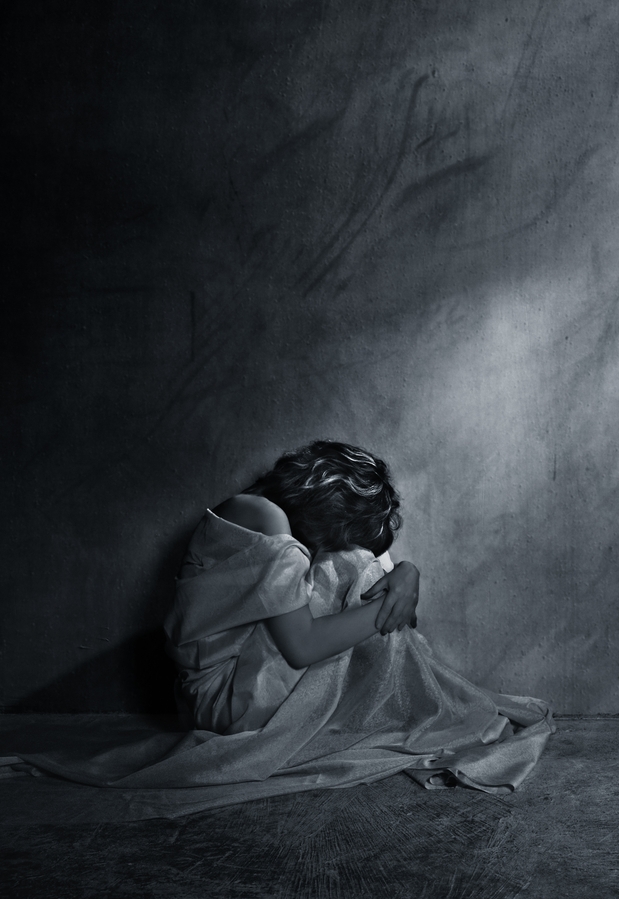Reflections on Original Sin

Last week a student in the speech class I teach on Monday and Wednesday nights at a small college downtown — we’ll call him “P.” — asked me to look over the speech he’d written entitled “Is the Bible still relevant?”
Upon scanning it quickly to figure out if this was a speech for or against the Bible – either of which was fine with me – I sat down with him to go over his claim that, yes, the Bible was not only relevant but the authoritative guide to a life worth living.
The first thing I told him was that he might think about being a little more specific.
“Relevant” is a subjective word, I told him, and the whole Bible is a pretty big book – maybe he could talk about the value of the Gospel message in modern, first world living; or about the person of Jesus and who he might challenge us to be if he were here today.
But P. was wary of all of my suggestions. And when I pointed out that he was creeping up on a logical fallacy with his argument that reading the Bible is the difference between living a respectable and “successful” life and falling into the depths of alcoholism, drug use, and criminal activity, he pushed back.
“For Christians, it’s black or white,” he told me.
I thought for a moment before replying, “Well, I think there’s some grey area. You can be a miserable, angry person without being a criminal,” I said, but P. did not seem convinced.
“You could be the CEO of Walmart,” I continued – to which P. only laughed.
“Why are you bringing Walmart into this?” he asked.
“I’m just saying you could be greedy and selfish and create a system in which thousands of people live in poverty and do so legally, but that doesn’t mean it’s the Christian thing to do.”
The student next to him nodded in agreement but said nothing. Then the discussion mostly tapered off without much of a resolution—him scared to say something that might offend me and me scared to say something that might offend him, which is the problem, right?
Recently at work I had to listen to a conversation in which the two rectors of our church discussed original sin.
I’ve heard some conservative Christians say “original sin” is the state in which all humans are born since Eve talked Adam into eating the fruit they were told not to eat. I’ve heard others say “original sin” is this terrible, screwy default setting where all people start out.
But I’ve also recently learned that in Hebrew the term for “original sin” translates more literally in English to “first separation.”
So when the idea of “original sin” was still new and not wrapped up in the complications of theology, it probably referred to humankind’s first separation from God – which is expertly conveyed metaphorically by Adam and Eve, but could likely just as easily be demonstrated by the way we all turn away from that which we know is best for everyone in favor of what is best for ourselves.
In this separation, I think, we are also separate from one another – as my own ideas are separated from P.’s – and his from mine, and this, I think, is the “original” problem with being human.
P. likely will keep his speech exactly the way it was when he came to class, and when he presents, I don’t doubt that many of his classmates will nod their heads in agreement with him.
And when that happens, I probably won’t even say much about it because to do so would only start a discussion there really isn’t an end to or an answer for.
And in this we will continue to be separate.
If I could use the word “sin” in a way that wouldn’t sound fundamentalist, I would use it to describe this problem, this way in which I cannot fully relate to the people around me.
Because this, I think is the original problem with the world.
